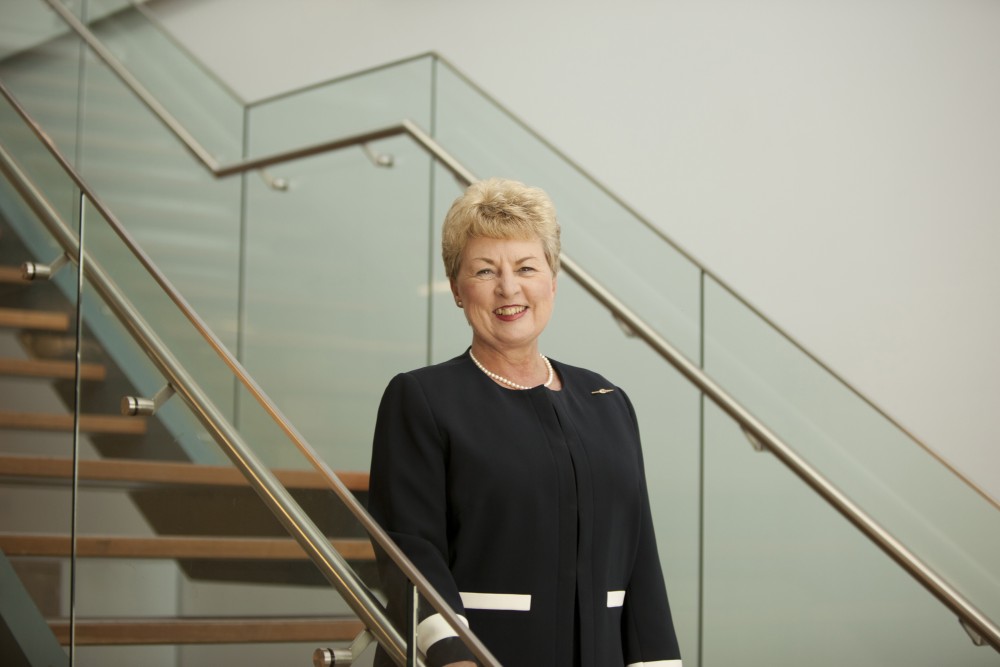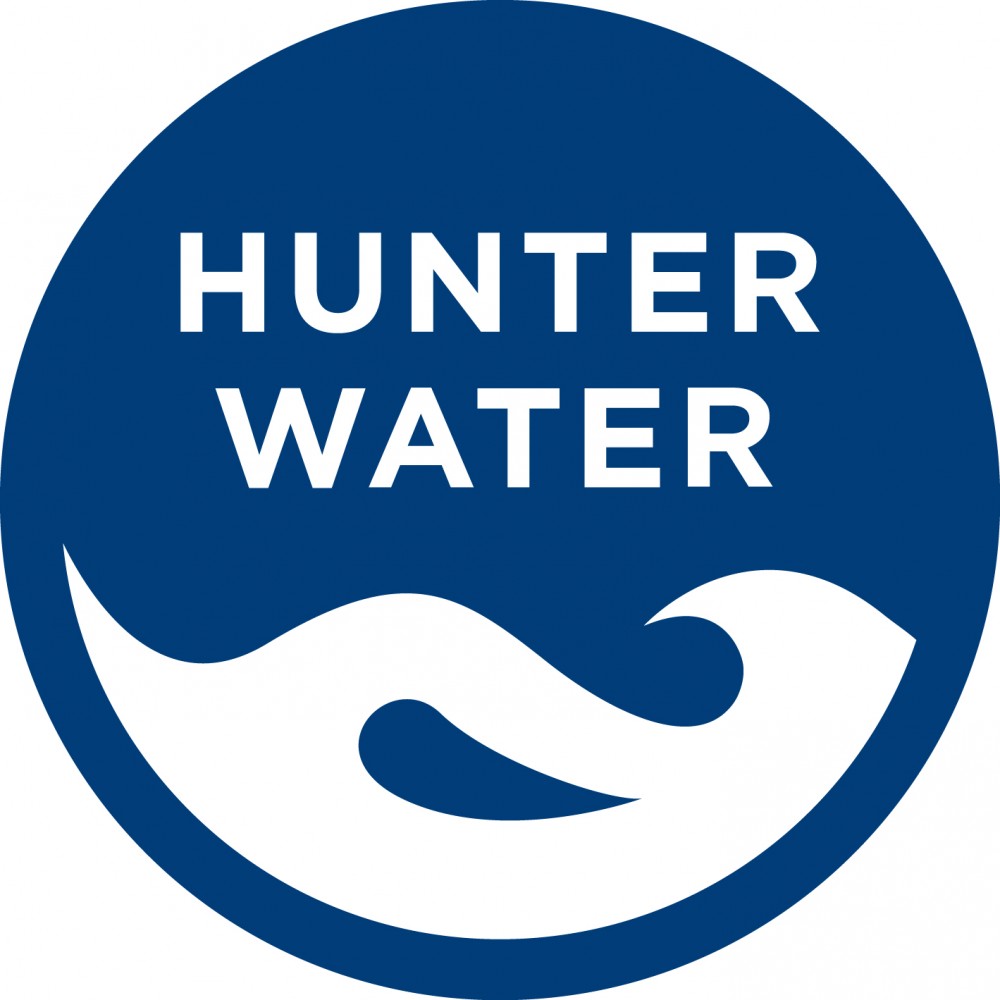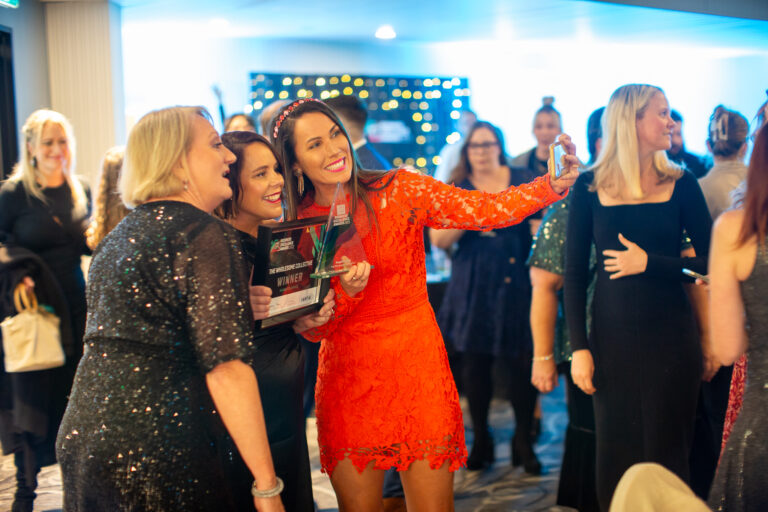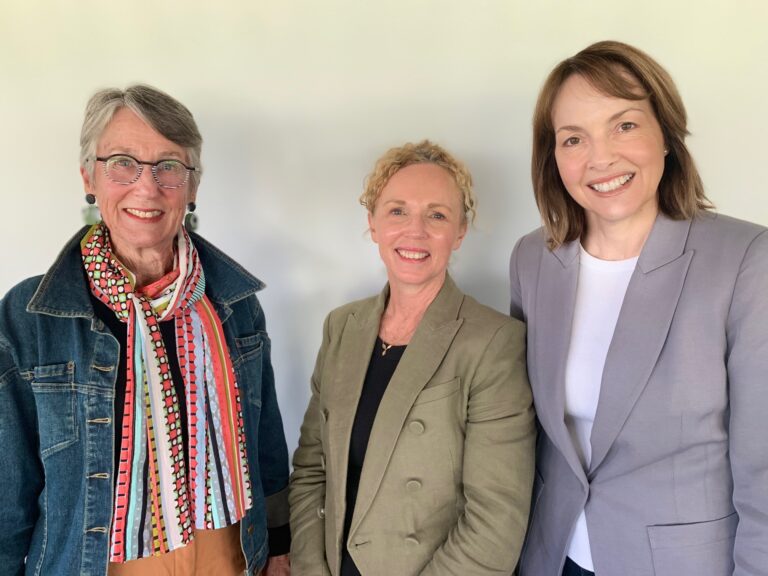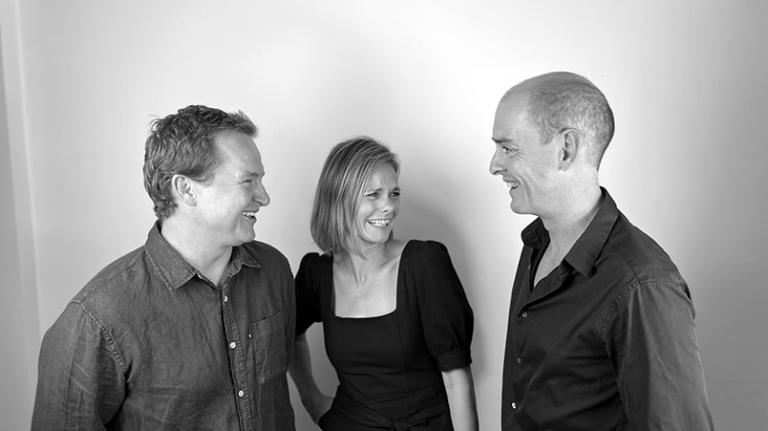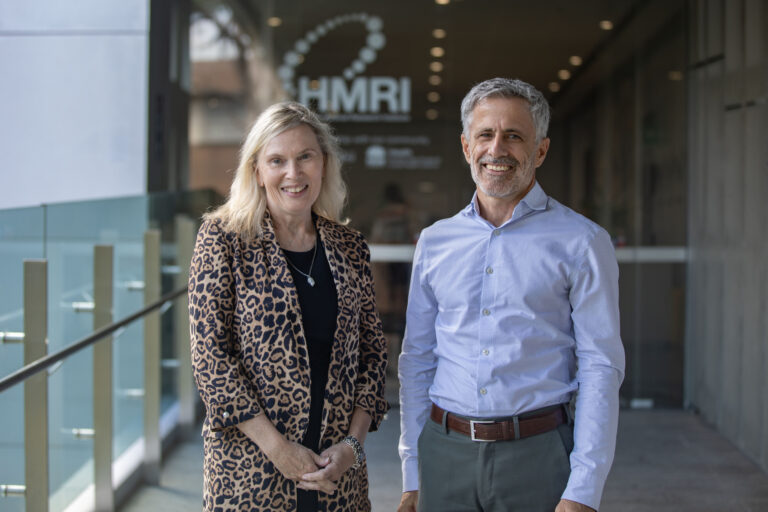Dr Maree Gleeson is a well-respected leader, having held professional and leadership positions in health services, academia, medical research and government.
Maree is currently a non-executive director on the boards of the Hunter Water Corporation, Hunter Research Foundation and Central Coast Local Health District Board. Previous directorships have included Nationwide Superannuation Fund, Research Australia and Alzheimer’s Association NSW.
She values the diversity and professional expertise of people in the Hunter as well as the natural strengths of the region itself.
- Could you tell us a little about your career path?
If I had to describe myself professionally I would say I was a scientist and I have special training in bio chemistry and in immunology and I used that training originally to work in hospital pathology services mainly here in Newcastle – I worked at the Mater Hospital and then Royal Newcastle and John Hunter. I did that for about 30 years, running the diagnostic immunology services and rising up through the ranks to be the Director Immunology for the Hunter Pathology Service.
I then did a sideward move and I went to Sydney to be the inaugural director of medical research for the NSW government at a time where it was setting up a new strategic policy on how to develop and manage medical research around the state.I also had considerable funding programs that I was responsible for and that position came out of my passion for medical research. So while I was working in hospital pathology services I was also a conjoint medical researcher with the university from day one of the medical school being established in Newcastle.
I have about 40 years of medical research experience and my areas where I am probably best known are in the development of immunity in children and the impact of respiratory illness and that it has on the development of asthma and allergy, but also worked in the area of sudden infant death syndrome as well.
But more recently, for about the last 25 years, I have had an association with the Australian Institute of Sport and worked on susceptibility to infections in elite athletes.Along with that, for 10 years I have worked with the Australian Antarctic Division, working on the immune system changes that occur when expeditioners venture into Antarctica – so 10 years of data collected on lots of expeditions from Australia.
After being the Director of Medical Research for the NSW government, in late 2006 I came back to Newcastle as the Director of the Hunter Medical Research Institute and that was at a time where the Institute was about to step up its growth phase and I was responsible for attracting the capital funding from both the State and Federal governments and overseeing the construction of the Hunter Medical Research Institute building on the John Hunter campus. Probably the most important changes that occurred at that time was that I led the strategy to change the collaboration of researchers, to consolidate them down onto three campuses and introduce a new way of working together that led to very significant increases in research grant funding and as the result of that we increased the number of researchers from 450 to just over 1100 in the five-year period. So it was a significant growth phase.
That sums up my career and now I am a professional company director and I am currently on the Hunter Water Corporation Board, the Central Coast Local Health District Board (I chair their research committee giving back that research expertise) and also the Hunter Research Foundation.
People often ask me why do I do that; why do researchers move into board director roles because it is quite unusual to have researchers on boards. I think people under estimate the skillset of scientists and researchers, that particularly in a state of innovation, researchers are at the forefront of innovation, they have a unique set of skills for not only identifying problems but the solutions to the problems and as researchers we are very familiar with risk and compliance and all the other things that generally are required by board directors.
So at the moment I am enjoying being a non-executive director.
- What do you believe makes business unique in the Hunter?
The diversity of the businesses that we have and the professional expertise that we have here. I think we draw quite considerably on the natural strengths of this area, whether they’re the natural resources in coal and coal related industries, agriculture, whether it’s farming or vineyards, and tourism. If you take those major sectors and then combine it over the last 20 years with the knowledge growth in the education and health sectors, I think we are highly well placed for the innovation that is about to occur.
But I think what makes us really unique is that we have never lost that ‘can do’ attitude, that once you convince Novacastrians that this is what we want to do they will usually come in behind you and it’s the collaborations between local industries and local businesses that really make us unique.
- What do you believe has shaped your leadership style?
Watching great leaders and learning from them is probably the biggest thing that I could say has shaped the way I lead groups of people. It is watching the choreography that occurs in a meeting of a great leader and how they influence people. So it is given me the set of skills that gives you the confidence to know that the strong things that you need are vision, passion for what you’re doing, the knowledge that allows you to lead people but I think they are great influencers and if you can’t convince people to come along with you then you are not going to succeed.
- How do you define the difference between a Manager and a Leader?
I think I’ll take that question as what is the difference between leadership and management because they are very different. A leader is somebody who has to have the vision to take an organisation forward, they have to have the big picture, they have to set the agenda. Whereas a manager is usually assigned a task or a group of people to manage and the task has been set for you, rather than you setting the vision and forward thinking of an organisation.
So I think they are very different roles but it doesn’t mean a manager can’t become a leader but I think there are certain innate attributes in leaders that need nurturing, that don’t obviously come from doing project management or managing people.
- What local businessperson do you find inspiring?
I had to think hard about this one but at the present time I would say it’s Neil Slater, and it’s not because he has the biggest business, or the most recognised business, or even the most awarded business in Newcastle, but he seems to bring together a set of skills that I admire. They’re not only that he has built up his own restaurant as being very significant and a sustainable business in the restaurant trade for a very long time, but he has been able to adapt that to his client needs and is currently expanding.
So he has had good business skills in his own business but he has also used those business skills to be absolutely passionate about Newcastle and growing the business of Newcastle which is not necessarily your personal business. I think a good example of that is the recent tenacity that he had of bringing together the right team to get the funding to build the Anzac Walk which has so rapidly become the great local walk to do, but as a tourist attraction, and that has contributed not to his personal wealth or business, but to the business of Newcastle.
I admire his ability to use his business skills to give back to the community. He was able to bring the OzHarvest to the Hunter and establish that not for profit business here in a sustainable way to ensure that people who need a meal get a meal at night time, but also I have had experience of his gastronomic lunch where for the last 10 years he has used his business skills to bring together eight great chefs, which is hard to coordinate eight great chefs, to a gastronomic feast that sells out before the tickets even go on sale now to really support local medical research and I think it is those quiet unacknowledged sometimes contributions to the society that really inspire me.

